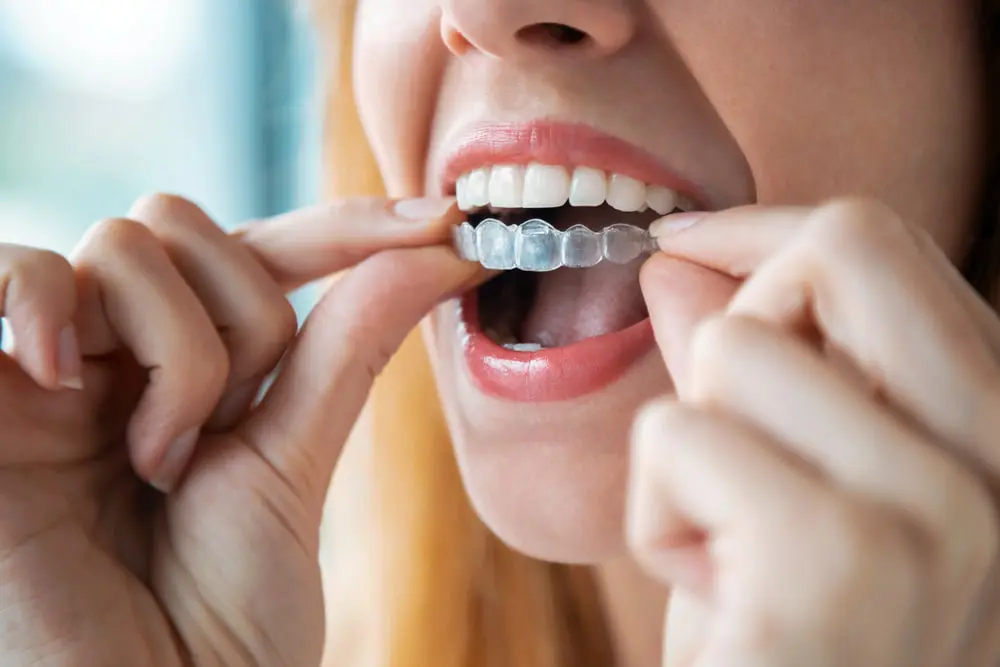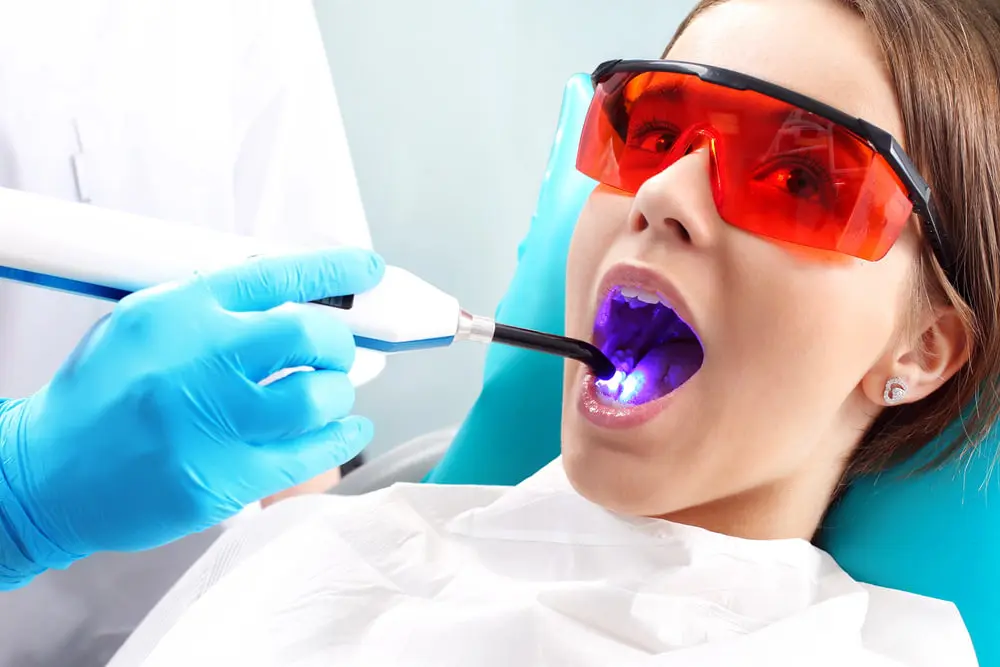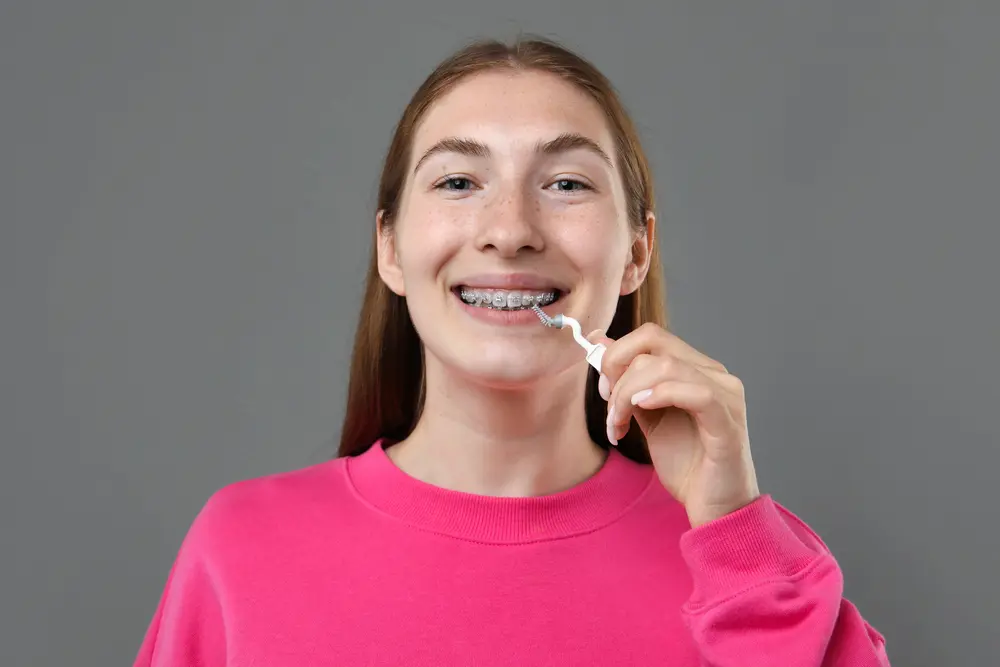
Invisalign vs Braces in Austin TX: The Ultimate Guide

Braces vs Invisalign: Which is Best?
The decision between Braces vs Invisalign (made by Align Technology) to fix crooked teeth can be overwhelming anywhere, including Austin TX. It starts with choosing the best orthodontist in Austin. Both methods have their merits and drawbacks, and here in Austin, orthodontics is no different- the choice largely depends on individual factors-such as your dental health and lifestyle. So who wins the battle of Invisalign vs Braces?
While regular brackets or ceramic brackets are often recommended by the orthodontist or dentist for more complex issues than just crooked teeth, Invisalign or Invisalign Teen are catching up in terms of technological advancements and versatility to fix your smile. This article will delve deeper into the effectiveness of these treatments, helping you make a more informed decision about not only which therapy, but which orthodontic office you will choose here in Austin TX for your oral health and arrange your teeth in a beautiful smile.

Factors Influencing Effectiveness of Braces vs Invisalign

Complexity of the Dental Case
Dental treatment depends on case complexity. Some methods offer better control and are ideal for managing more intricate dental concerns.
Specific treatments require consistent effort and adherence. A patient’s lifestyle or habits may influence the treatment choice for successful outcomes.
Alternative treatments may work better when habits are unpredictable, offering reliable results without heavy reliance on daily patient compliance.

Investment and Oral Hygiene
Orthodontic care is an investment. Some treatments simplify oral hygiene, ensuring easier maintenance and potentially fewer cleaning appointments in the future.
Certain approaches help reduce bacteria, supporting healthier teeth and gums, and encouraging better long-term oral health with fewer complications.
Other treatments demand thorough attention to cleaning. Neglected care can lead to plaque buildup, making regular cleaning essential for maintaining overall health.
Orthodontic Treatment Effectiveness in Different Age Groups
Explore how orthodontic treatment varies between children and adults, focusing on growth, lifestyle, and the personalized solutions available for each.

Early Orthodontic
Treatment in Children
Early orthodontic treatment helps guide jaw and teeth development during growth. Traditional braces are effective and practical for younger patients, addressing complex issues with precision while requiring minimal concern about appearance.
Adult Orthodontics:
Invisalign versus Braces
Adults often choose between removable or fixed treatments based on lifestyle. Removable options offer convenience and aesthetics, while fixed methods suit inconsistent habits, ensuring reliability. Both approaches depend on case complexity and personal preference.
Real-world Applications: Invisalign or Braces?
Debunking Myths Around Braces and Invisalign
Clearing up common misconceptions helps patients make informed decisions about braces and clear aligner treatments.
Myths about Braces
Many people think braces are just for kids or teens; in fact, they work for all ages, and become an effective treatment to correct long-standing orthodontic concerns for adults.
Myths about Clear Aligner Therapy
Clear aligners aren’t always more expensive than braces and can handle many cases. Though less suitable for severe issues, they remain effective with patient compliance and proper planning for diverse orthodontic needs.

Can Extraction Cases be Treated with Clear Aligners
Clear aligners can effectively manage cases involving tooth extractions when used as directed. Successful outcomes depend significantly on patient compliance, as irregular use may lead to slower progress or less successful results. In such situations, alternative treatment options may be necessary to ensure effective corrections, depending on the individual patient’s needs and goals for their orthodontic journey.
Mechanical Advantages and Disadvantages in Orthodontic Treatments
Fixed appliances are often better suited for complex movements, such as bite adjustment or jaw repositioning, due to their ability to achieve precise control. Removable options can simplify some processes, like simultaneous alignment and space closure; however, their success relies heavily on patient cooperation. Treatment choice ultimately depends on the severity of the case and the patient’s willingness to follow the outlined plan.